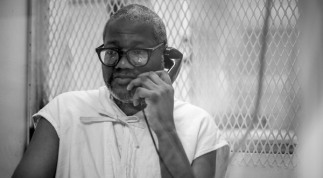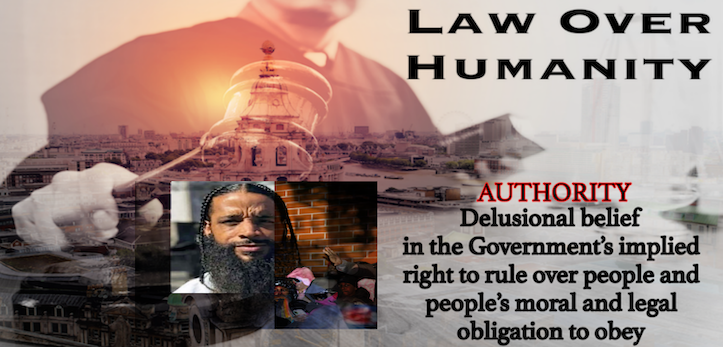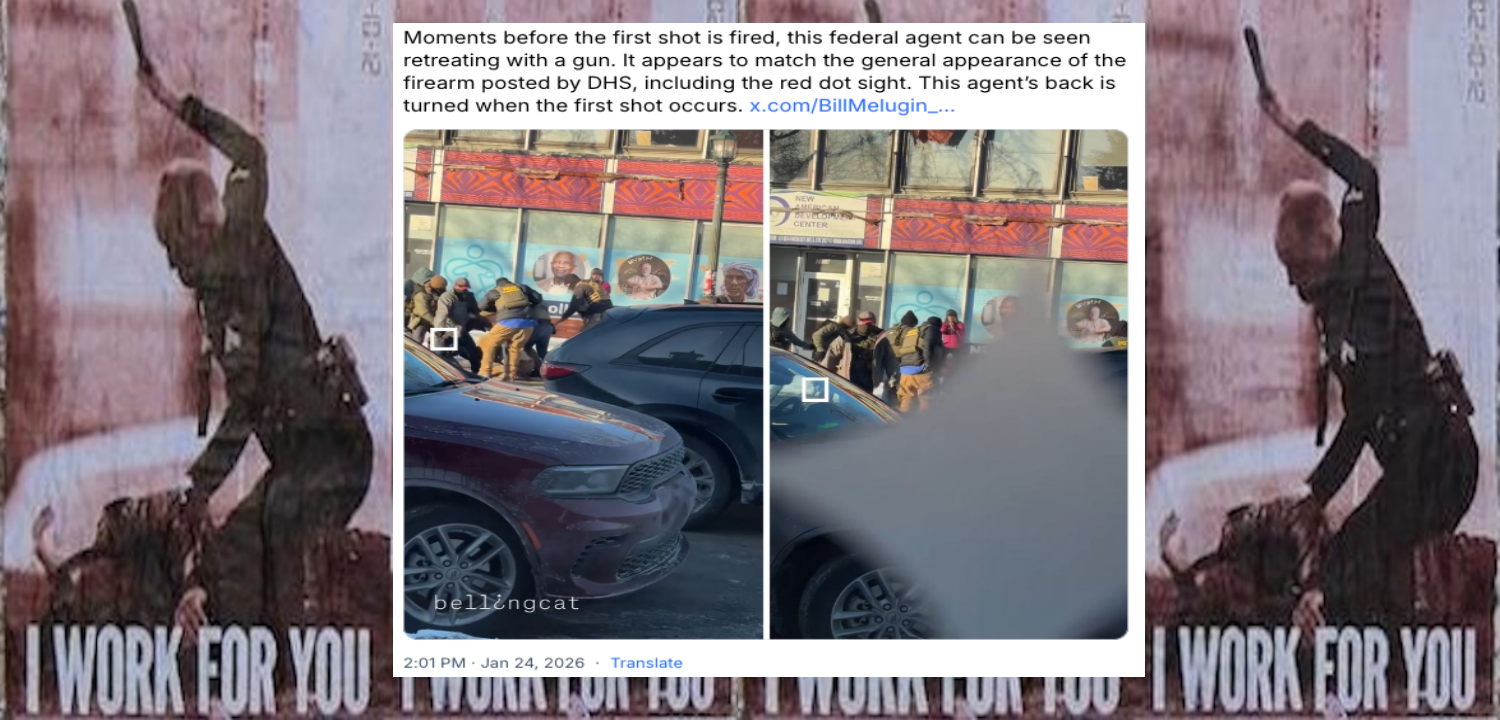A Black Man was Legally Lynched in Texas Yesterday: Death-Belt Capital Killing Streak Continues
/ Justice Marshall - "convicted murderers are rarely executed, but are usually sentenced to a term in prison. Death sentences are reserved for 'the poor, the ignorant, and the underprivileged non-white members of society.' In photo, Preston Hughes III, a death row inmate, was 46 but seemed much older, with white hair, thick glasses and a quiet, slow voice that rises only when the subject of his lawyer comes up. [MORE] and [MORE] From [HERE] Convicted killer Preston Hughes III proclaimed his innocence as he was executed Thursday for the fatal stabbing of a 3-year-old Texas boy and the child's teenage cousin who uttered her attacker's first name to police in her dying breaths.
Justice Marshall - "convicted murderers are rarely executed, but are usually sentenced to a term in prison. Death sentences are reserved for 'the poor, the ignorant, and the underprivileged non-white members of society.' In photo, Preston Hughes III, a death row inmate, was 46 but seemed much older, with white hair, thick glasses and a quiet, slow voice that rises only when the subject of his lawyer comes up. [MORE] and [MORE] From [HERE] Convicted killer Preston Hughes III proclaimed his innocence as he was executed Thursday for the fatal stabbing of a 3-year-old Texas boy and the child's teenage cousin who uttered her attacker's first name to police in her dying breaths.
Hughes long had contended he wasn't responsible for the slayings of Shandra Charles, 15, and her cousin Marcell Taylor 24 years ago in Houston, and that police had planted evidence and coerced his confessions.
Hughes became the 15th Texas prisoner executed this year and the second in as many nights. On Wednesday, Ramon Hernandez, 41, was executed for the rape, robbery and murder of a San Antonio woman abducted from a bus stop in 2001.
The September 1988 attack on the young cousins Hughes was convicted of killing happened in a field behind aHouston apartment complex where Hughes lived. A man walking along a trail found Charles and called police. Officers found her 3-year-old cousin already dead from a stab wound that passed completely through his neck.
Charles was still alive but severely injured with knife wounds to her neck and chest, police said. When an officer asked who was responsible for the attack, she gave a name, "Preston," and said he tried to rape her. She died moments later.
Authorities went to the nearby apartments and found Hughes, the only resident with the first name of Preston. He already was on probation for a conviction of sexual assault on a child and denied any role in the stabbings.
Hughes' execution came after he lost multiple appeals in courts to block it. Two of them — filed by attorney Patrick McCann, who Hughes unsuccessfully sought to fire — failed at the U.S. Supreme Court.
Other court actions were filed on the inmate's behalf by a death penalty opponent in Houston. They were denied in the courts or could not halt the punishment, attorneys said. One of them, seeking a retesting of DNA evidence that tied Hughes to the slayings, delayed his execution for more than an hour before it was rejected by the Texas Court of Criminal Appeals.
In one Supreme Court appeal, McCann said instructions to jurors deciding Hughes' punishment were not adequate. In another, the attorney contended new evidence showed Hughes was sexually abused as a child and a jury should be allowed to consider that at a new punishment trial.
Ellis McCullough, one of Hughes' trial lawyers, said this week he was convinced no evidence was planted or mishandled.
He said Hughes, brought to a police station for interviews in the early morning hours after the slayings, made phone calls from the police interrogation room to acquaintances, including his probation officer, that "were pretty devastating taken as a whole."
Evidence examined for DNA testing after his conviction and at his request found traces of Charles' blood on Hughes' clothing. At his trial, prosecutors showed Charles' glasses were found on a couch in his apartment. Hughes, who knew Charles through a friend, said police took the evidence from the crime scene, planted it in his apartment, illegally searched the place, coerced his confessions and copied his signature to them from another document.
"The fact is I didn't kill anyone," he told The Associated Press last month, speaking from a small visiting cage outside death row.
Hughes also denied the sexual assault conviction that resulted in his probation.
"I didn't know she was 13 at the time," he told the AP of the victim in that case. "I was led to believe she was 17."
Hughes moved to Houston in 1983 from his native Buffalo, N.Y., where a rape charge against him was dismissed when the victim failed to appear in court.
He testified at his capital murder trial that he pulled a knife on "a guy who came up to me from behind" and "stuck him twice" but denied it was the 3-year-old boy or Charles.
"I didn't stab anybody," he said. "Stabbing and stuck is two different things."













































































































































































































































































